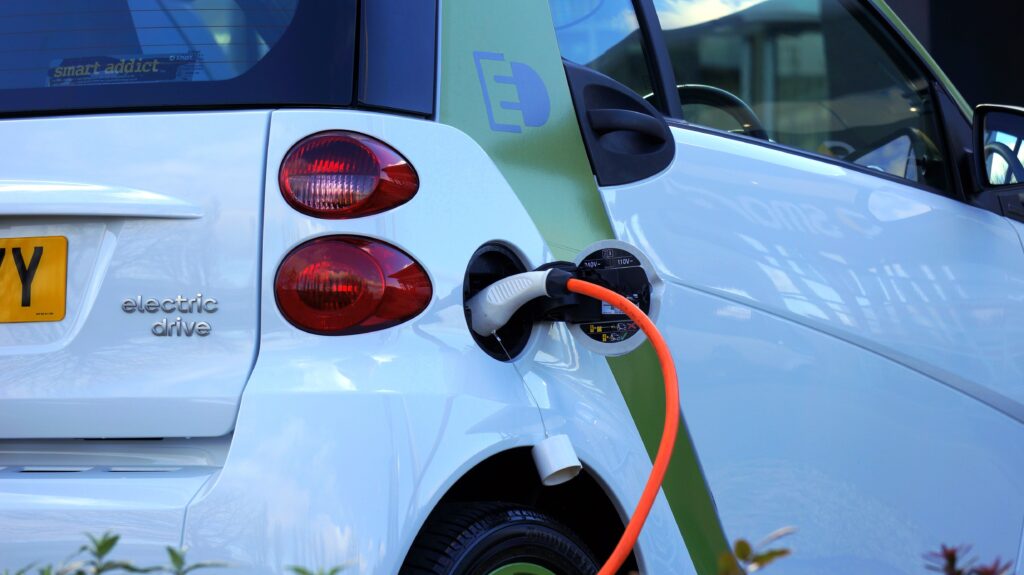Preparing for the Inevitable: Electric Vehicles
A Word of Advice on… Electric Vehicles in Strata Communities

With the price of fuel surging in Australia, due in large part to the military actions by Russia in Ukraine, there is growing urgency towards alternatives, such as electric vehicles.
However, the growing popularity of electric vehicles is fraught with challenges for the strata sector. Major issues facing the strata sector will require clarification in 2022 and the years ahead, and one of them is the question of “who pays?”.
In October 2021, Prime Minister Scott Morrison and Minister for Industry, Energy and Emissions Reduction Angus Taylor released a plan to deliver Australia’s target of net zero emissions by 2050.
Electric vehicles are tipped be a major part of Australia’s move towards sustainability, with most car manufacturers expected to shift to manufacturing electric vehicles over the coming decade.
For strata communities, the trend towards electric vehicles will pose a range of pressing questions. We share a few words of advice for strata managers to prepare for this widespread change.
Electric Vehicles & Strata
The anticipated influx of electric vehicles in Australia’s future raises a range of new questions for strata managers, like who pays for new charging station installs and the ongoing costs, such as usage charges, maintenance, and insurance?
It will also impact on building design, whereby new strata titled buildings will need to cater for charging stations and old buildings will need to be retrofitted. Colin and Jason share their perspectives:
- The biggest challenge is space – most developments weren’t designed and built thinking they need to set aside a few car spaces for EV charging stations, so they must be retrofitted in a development that may already be tight.
- Another big challenge is use – it’s likely most strata communities will have more EVs than charging stations, making it a “first in, best dressed” scenario to charge vehicles overnight. Visitor car parking spaces often have time limits for good reason.
- Usage costs – most lot owners view EV charging stations as a privilege that only EV owners should pay for. At present, running costs and costs for repairs and maintenance are usually passed onto individuals under by-laws and / or as conditions of authorising an improvement to the common property. However, a common approach is that power to charge would be drawn from the common property lines, meaning all lot owners contribute to the cost of recharging one person’s vehicle. This may be viewed as the swings and roundabouts of community living. For decades, it has been a base expectation that an apartment building in Australia will have a pool. But we rarely hear people voicing concerns about having to contribute to the cost of a common area, like a pool, that requires significant energy all because they aren’t a regular swimmer. With the expected rise in EV ownership, charging stations will become a similar expectation.
- Broad adoption – with car manufacturers predicted to switch to EVs by 2030, EV charging stations may be a feature of a development that becomes a selling point, attracting buyers towards the development knowing it’s a shared luxury they could enjoy. By way of example, not everyone in a building will use the spa or sauna regularly, but everyone contributes towards it as a common expense because the use of these facilities is a common entitlement.
- EV owners – on the flipside, if a buyer in the market drives an EV, they may disregard units in developments that aren’t set up to accommodate EVs yet, which decreases the pool of available buyers, or could even lead to reduced offers as these buyers must factor in the costs of establishing a charging station in the unit’s car space.
- In NSW, new provision, section 132B, allows a lower level of consent to approve sustainability infrastructure, basically 50%. Owners’ corporations need to consider these new provisions.
View Comments
(0)